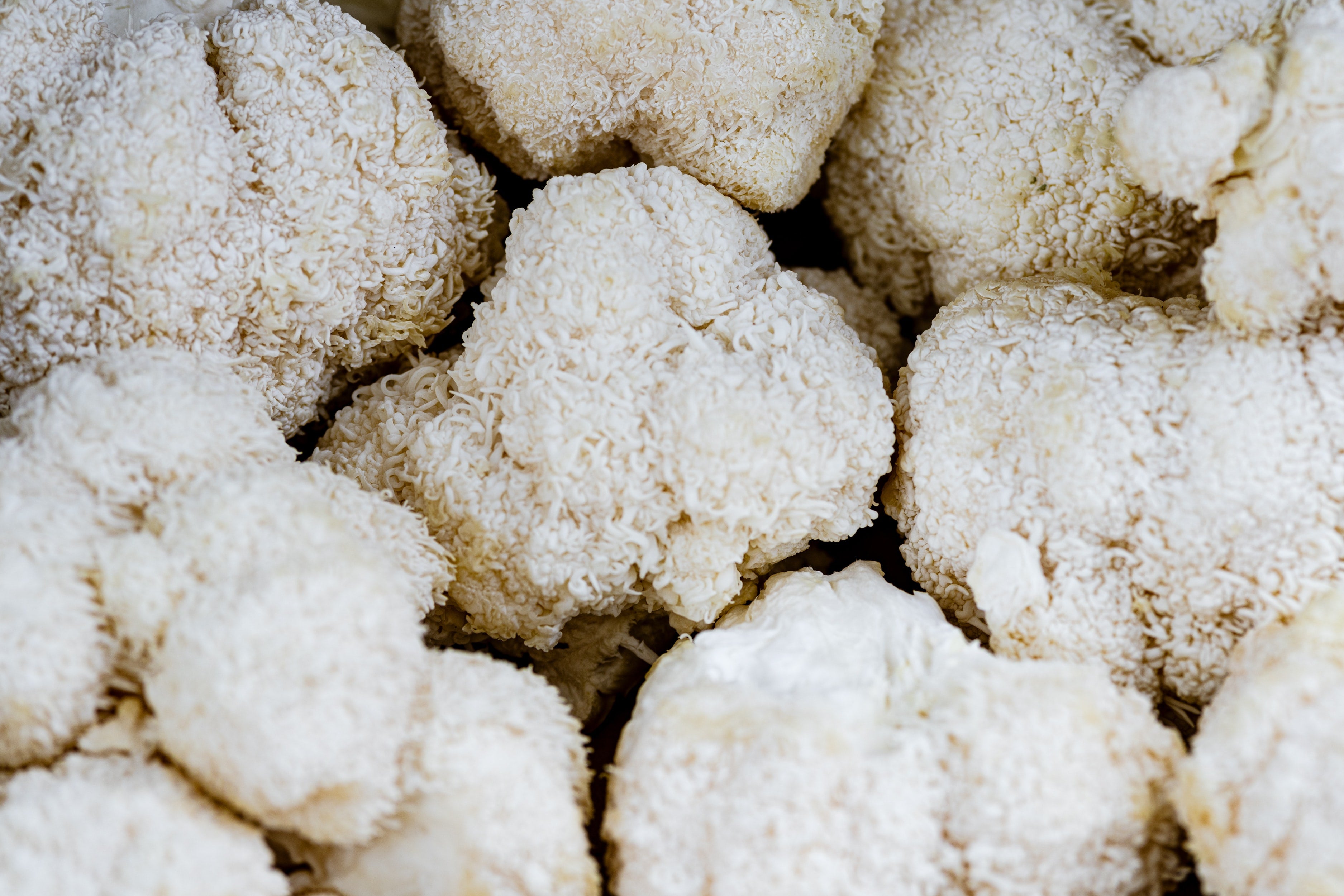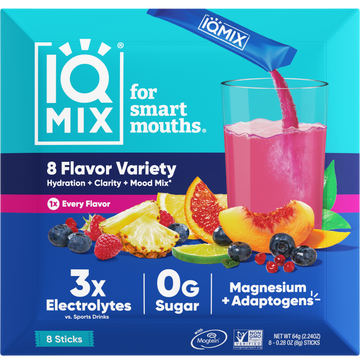“Where do you get your protein?” It’s a question plant-based eaters are frequently asked. While the question is harmless in and of itself, its prevalence speaks to the fact that many people aren’t aware there are plenty of high-quality, plant-based protein sources available.
Another common belief is that you can’t get complete protein on a vegan diet. Wrong again! There are several vegan sources of complete protein. Moreover, choosing complete plant proteins over complete animal proteins offers many health benefits.
We’ll be exploring those benefits shortly, but first, let’s review what a complete protein is.
What Is a Complete Protein?
A quick refresher from high school science: protein is comprised of 20 amino acids, 11 of which are produced by the human body. For good health, we must get the other nine amino acids (called “essential amino acids”) from the foods we eat. When a food contains all nine of these amino acids, it’s called a “complete protein.”
Plant Protein vs. Animal Protein
Many people falsely believe that to get complete protein, you need to consume animal products. It’s easy to see why this belief exists. Animal proteins, including meat, poultry, fish, eggs, and milk, contain all nine essential amino acids, making them complete proteins.
Compared to animal proteins, there are far fewer sources of complete vegan protein, but that’s not to say there aren’t any. Vegan proteins that are considered complete include pea protein, quinoa, buckwheat, soybeans, nutritional yeast, and Ezekiel bread. (Fun fact: IQBARs offer complete protein via pea protein!)
Other plant protein sources, such as beans, lentils, nuts, seeds, wheat, and brown rice, are too low in one or more essential amino acids (or missing one or more completely) to be considered complete.
However, it’s important to realize that every protein source you consume doesn’t need to be complete. As long as you eat a variety of protein sources and enough calories, you should get plenty of all nine essential amino acids.
The Benefits of Plant Protein
Animal proteins are undoubtedly a good source of complete protein, but when we eat a food, we don’t just consume one macronutrient. We eat everything else contained within that food too.
When compared side by side, the health contents of complete plant proteins outweigh those of complete animal proteins. That’s not to say that reasonable amounts of animal protein can’t be a part of a healthy diet, but research supports mainly relying on plant-based foods to meet your nutritional needs. Let’s take a look at the top reasons why this is.
1. Plants are low in saturated fat
Both animal and plant proteins contain fat, but animal proteins contain much more fat than plant proteins. Plus, it’s a different type of fat. Meats (think steak, chicken, bacon, etc.) contain saturated fat. This undoubtedly contributes to a juicy meal, but also to potential health issues when consumed in high amounts.
The American Heart Association (AHA) recommends that only 5 to 6 percent of your daily calories come from saturated fats.[*] The main reason for this recommendation is because research has shown that saturated fat consumption may increase certain heart disease risk factors, including LDL “bad” cholesterol.[*]
2. Plants are rich in fiber
Plant proteins contain substantial amounts of fiber, while animal proteins don’t contain any fiber. Fiber is an essential component of good health, providing many important benefits:[*][*][*]
- Fiber slows the rate that sugar is absorbed into the bloodstream, which keeps your blood glucose levels from rising too fast.
- Fiber helps you feel full.
- Fiber acts like a scrub brush to your colon, helping to clean out bacteria and other buildup in your intestines.
- Fiber helps you have regular, healthy bowel movements.
- Fiber may reduce the risk of coronary heart disease.
- Fiber may support a healthy gut microbiota.
3. Plants are lower in calories
Plant-based foods provide protein and other nutrients, often with fewer calories than animal products. In fact, research shows that a vegetarian or vegan diet likely leads to weight loss when followed regularly, helping minimize obesity and obesity-related health issues, including heart disease, stroke, type 2 diabetes, and certain types of cancer.[*][*]
This is especially important in today’s world, where 36.5 percent of U.S. adults are obese and another 32.5 percent are overweight.
4. Plants contain an abundance of phytonutrients
Both animal proteins and plant proteins contain essential vitamins and minerals. Meat is high in iron and vitamin B12, which can be hard to obtain on a vegan diet. However, only plant foods contain phytonutrients, such as lutein, flavonoids, and lignans, which give fruits and veggies their vibrant colors.
While the primary purpose of phytonutrients is to help plants stay healthy, they also provide a variety of benefits to the humans who eat the plants that contain them. Some researched benefits of phytonutrients include antioxidant power, reduced inflammation, enhanced immunity, brain protection, cancer prevention, and reduced effects of aging.[*][*][*][*][*][*]
5. Plant proteins support digestion
A popular way to incorporate more protein into one’s diet is by using protein powders and bars. Whey protein, which is derived from cow’s milk, is a popular option. However, because whey protein contains lactose, which many people have an intolerance to, it’s not unusual to experience digestive issues when consuming whey protein (think bloating and other embarrassing side effects).
Plant-based protein, on the other hand, is dairy-free and tends to be a lot easier to digest. In fact, many vegan protein sources contain anti-inflammatory nutrients that benefit gut health, which could actually improve your digestion.
Support Your Health with Complete Plant Protein
While animal proteins provide complete protein and beneficial vitamins and minerals, consuming too much animal protein could harm your health. To better support your well-being (and the environment), switch out some of your animal protein sources with complete plant proteins.
Start adding more complete plant protein sources like quinoa or tofu to your diet, and be sure to keep some protein-rich grab-and-go options, such as IQBAR, on hand as well.
IQBARS contain pea protein, which includes the nine essential amino acids you need for health and muscle building. These keto-friendly, vegan protein bars also contain six brain-boosting nutrients, prebiotic fiber, and healthy fats. Try our 7 Bar Sampler to find your favorite flavor or jump in feet first with a custom case of IQBARs.
The next time someone questions the ability to get adequate complete protein on a plant-based diet, refer them to this article—or at least to a picture of vegan powerlifter, Patrik Baboumian.




